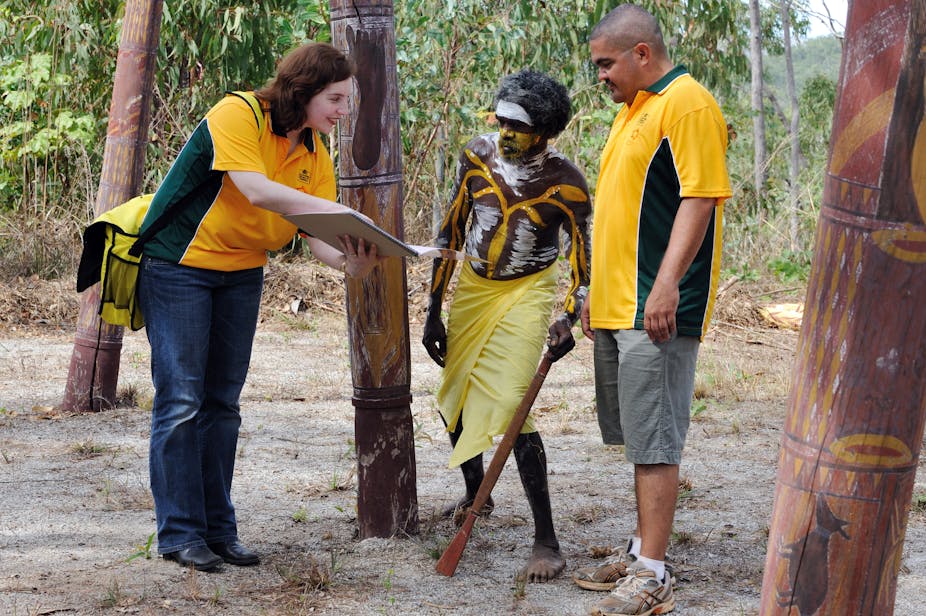AUSTRALIA BY NUMBERS: Today, the Australian Bureau of Statistics will release the first batch of its 2011 census data. We’ve asked some of the country’s top demographers and statisticians to crunch the numbers on Australia’s population: how we live, where we work, who our families are and how we spend our time.
But first, here’s Graeme Hugo, Director of the Australian Population and Migration Research Centre at the University of Adelaide, on why the census matters.
People are important.
They are Australia’s greatest resource and the Census of Population and Housing provides us with a more comprehensive and accurate picture of our population than any other source of information.
The census is often depicted as a statistical snapshot of the national population, but it is more correctly seen as a single frame in a moving picture. The population is constantly changing as people are born, move, age, gain qualifications, change jobs, marry, divorce, and so on. The census tells us how we are changing as a community, state or national society by enabling us to identify trends across aggregates of people.
Although the population is constantly changing, shifts in the size, distribution and composition of the population rarely occur suddenly. They are gradual, incremental; they tend to creep up on us.
Undertaking a stocktake every five years when we freeze the population and record the number, characteristics and location of all Australians at a single point in time allows us to identify the changes taking place in the population, establish trends and allow us to anticipate and plan for the future.
Why is this important?
Most fundamentally it is a cornerstone of democracy. It provides the basis for regular redistributions which ensure each electorate has a similar number of voters. Even more important, it provides an objective basis for the distribution of resources by governments.
Without the census, resource distribution can be influenced too much by people with the most influence, most political contacts and most articulate voices. It is ironic, then, that some of those who oppose the census are advocates of social justice.
The Australian census is recognised as one of the best in the world. It has one of the highest rates of accuracy and provides the most comprehensive availability of small area statistics of any nation. This enables us to assess population change, not only at a national, state or regional level but also within communities.
The census is continually being modified. The questions change to reflect social and economic developments. Indeed, the census needs not only to keep up with such change but be ahead of it if we are to understand the scale and implications of societal change. It has changed massively in the way it is conducted with the computer revolution greatly facilitating the analysis and, increasingly, the collection of, data from the census with a third of people now completing the census online.
Australia’s population is becoming increasingly diverse.
In 1947, 97.9% of Australians were born in Australia, New Zealand or the UK-Ireland. This is now 81.7% and there are 62 birthplace groups with more than 10,000 members in Australia, making it one of the most ethnically diverse in the world.
In the 1950s more than two-thirds of Australian households included two parents and children. They now make up only a third of the total. With blended families and single parent households etc, household structure is becoming more diverse. In order to plan effectively, efficiently and fairly we need to understand the precise nature, pace and location of these shifts.
There are sometimes complaints about the costs of undertaking a census. But a more relevant question is the costs of not doing a census.
What are the costs of not providing a school where and when it is needed? Good decision making in the government and private sectors needs evidence, and for hundreds of thousands of such decisions each year, there is no substitute for the accuracy and detail provided by the census.

